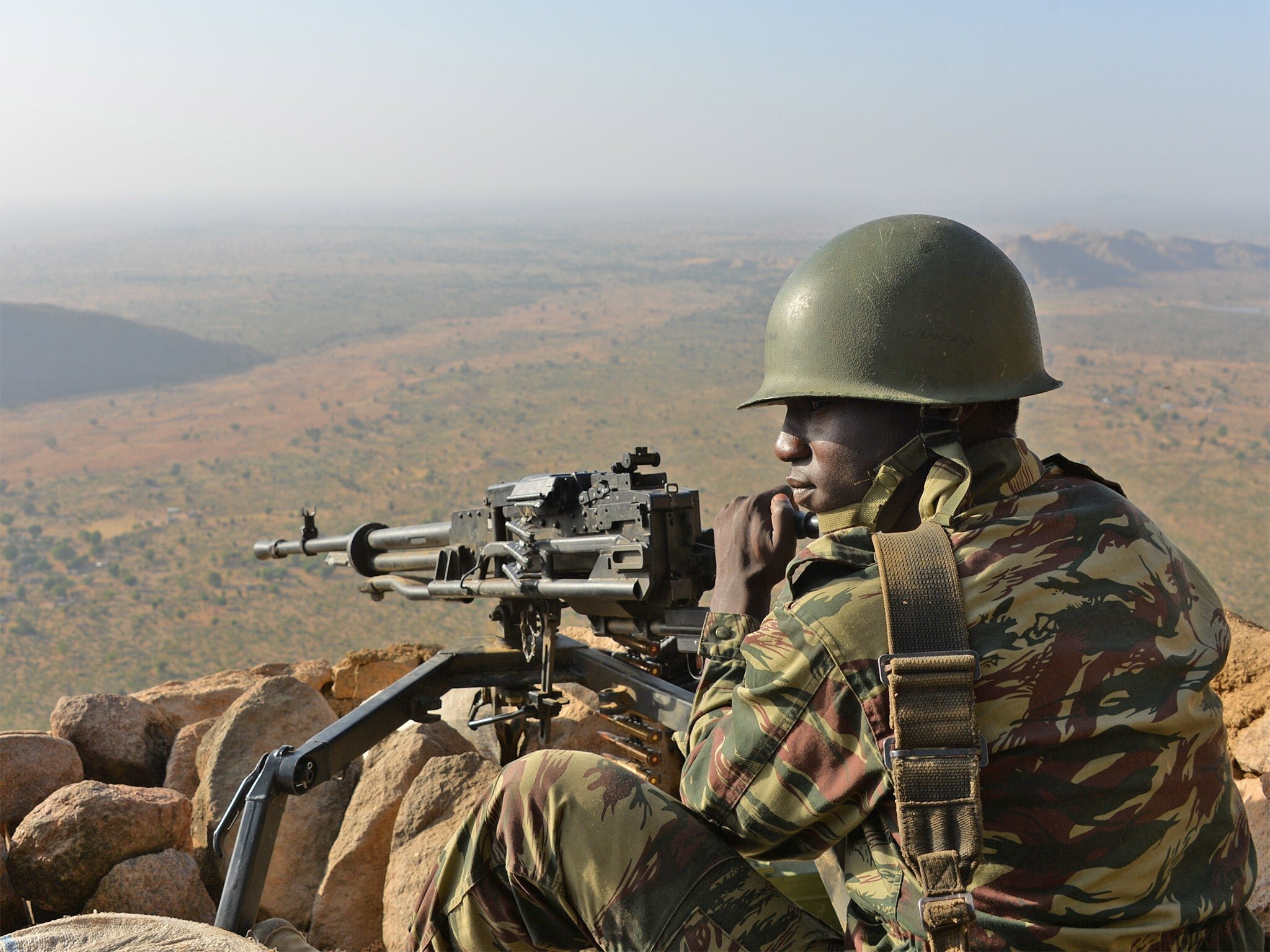An Enduring Conflict Intensifies Below the Sahara
Malian women in the Sahel (Cr: Khoudia Ndiaye)
By: Jonathan Stormer Pezzi
New York — On the vast belt of land stretching from Sudan to Mauritania, a conflict is burning the arid strip just below the Sahara.
In the Sahel, a region that touches fourteen separate countries in northern Africa, Islamic militant groups have been inciting strife for nearly a decade. On December 12, 2019, they reasserted the harsh reality that they are still a serious threat, killing 71 Nigerian soldiers in an attack. Later in the month on Christmas Eve, a similar attack in Burkina Faso left 42 dead while on January 9, 2020 another 25 soldiers were killed in Niger.
The Sahel stretches from Eastern Sudan to Western Mauritania, touching fourteen countries in total (CR: Munion)
According to a CBS News report, the group known as the Islamic State in West Africa (ISWAP) - a Boko Haram splinter faction - claimed responsibility for the attack in Nigeria.
Earlier this month, the Special Representative to the United Nations Office for West Africa and the Sahel (UNOWAS), Mohamed Ibn Chambas, cited the progress the Sahel was seeing in the fight against these religious groups. “Further progress has been made in democratic consolidation in West Africa and the Sahel. Such progress in the democratic space has not been linear nor without complications,” said Mr. Ibn Chambas.
With Boko Haram, an active al-Qaeda affiliate and several other sub-factions, countries in the region have been embroiled in conflict for over a decade. This turbulence escalated in 2012 with the establishment of a brief caliphate in Northern Mali. This jihadist government was soon pushed out by a multinational force led by the French ten months later. The mission was dubbed Operation Serval.
Since then, instability has seesawed throughout the region. In 2014, Mali, Burkina Faso, Mauritania, Chad, and Niger formed the G-5 Sahel, an institution created to foster development and joint security measures in opposition to Jihadist groups affecting the countries.
In the same year, the French government launched Operation Barkhane, a counter-insurgent mission that deployed 4,500 French personnel to be based in Chad. Five years later, the operation continues. However, after the death of 13 French soldiers in a helicopter crash during an engagement in Mali, Paris’s involvement in the conflict is now under tight domestic scrutiny. It was the largest single combat-related loss of life for France in over 35 years.
G-5 Soldier deployed to combat Jihadist forces (Cr: Getty Images)
There are now discussions within the G5 Sahel community to invite Russia to intervene according to a UN source.
The consequences of the conflict have caused many negative externalities. “Criminal activities such as illicit trafficking and armed robbery, often resulting in violence, continue unabated. The state is either absent or minimally present in many areas, and therefore unable to protect communities. Even in places where it is present, government authority is sometimes challenged”, says the Institute for Security Studies.
These concerns were echoed and elaborated on by UNOWAS, “For the challenging security situation in West Africa and the Sahel, notably threats posed by terrorism, maritime piracy, conflicts between pastoralists and farmers, and transnational organized crime, including trafficking in persons, arms and drugs and illegal exploitation of natural resources, can be interlinked.” The tension between ethnic groups has also been specifically exacerbated by the instigation of militant groups.
Although the geopolitical implications are paramount, the humanitarian situation is also concerning. According to the UN, “The number of internally displaced persons has risen to more than 750,000, a tenfold increase since 2018.”
Due to the region’s arid lands and continuous conflict, poverty and malnourishment is a dire issue as well. 1.8 million people are food insecure. This figure includes 400,000 children.
In a December 12th press release, UNOWAS reiterated their commitment to working towards peace. “The Special Representative of the Secretary-General for West Africa and the Sahel reaffirms the United Nations’ commitment to the countries of the G5 Sahel as they scale up efforts to tackle multiple security challenges in order to promote peace and development in the Sahel.”



